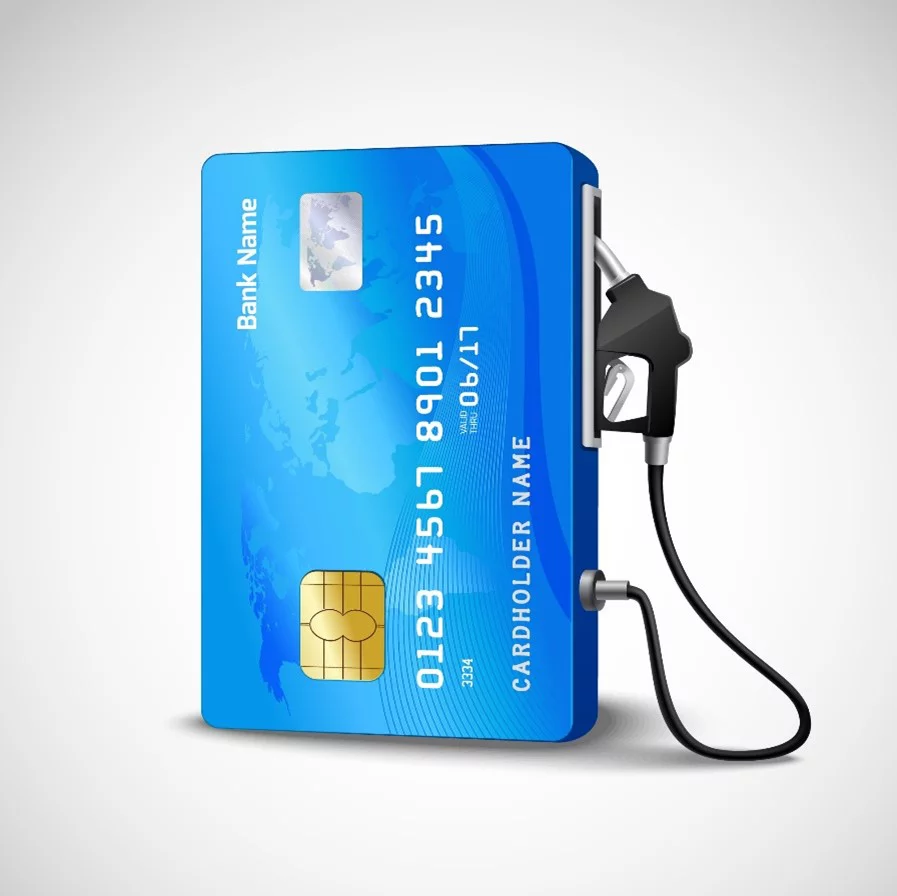Fleet fuel management represents one of the most significant operational expenses for businesses operating vehicle fleets, with fuel costs typically accounting for 20-30% of total fleet operating expenses across various industries. The complexity of fuel pricing structures, merchant acceptance networks, and administrative requirements creates substantial challenges for fleet managers seeking to optimize their fuel expenditures while maintaining operational efficiency. Conducting a comprehensive fuel card comparison with FleetCard requires systematic analysis of multiple variables including discount structures, network coverage, fee schedules, reporting capabilities, and integration options with existing fleet management systems. The sophistication of modern fuel card programs demands detailed evaluation methodologies that account for both immediate cost savings and long-term operational benefits, ensuring that fleet managers select solutions that align with their specific operational requirements and financial objectives.
Network Analysis and Coverage Evaluation
FleetCard’s acceptance network encompasses over 45,000 locations across North America, including major truck stops, retail fuel stations, and independent merchants. Comprehensive network analysis requires mapping your fleet’s typical routes against available fuel locations to identify coverage gaps and assess convenience factors that impact driver efficiency. Geographic information system tools can overlay route data with merchant locations to calculate average distances between fuel stops and identify potential service interruptions.
Network quality assessment extends beyond simple location counts to include merchant type diversity and fuel product availability. FleetCard’s network includes partnerships with major brands like Shell, Exxon, and BP, ensuring consistent fuel quality and service standards. Diesel availability becomes critical for commercial fleets, with specialized analysis required for locations offering ultra-low sulfur diesel, biodiesel blends, and diesel exhaust fluid services.
Regional pricing variations require careful consideration when evaluating network benefits. FleetCard’s pricing structure incorporates regional fuel cost differences and volume-based discounts that can vary significantly across geographic markets. Fleet managers operating in multiple regions must analyze pricing data specific to their operational territories to accurately assess potential savings compared to current fuel purchasing methods.
Discount Structure Analysis and ROI Calculation
FleetCard’s discount structure operates on a tiered system based on monthly fuel volume, with savings ranging from 2-8 cents per gallon depending on consumption levels. Accurate ROI calculation requires detailed analysis of current fuel purchasing patterns, including average monthly gallons consumed, current cost per gallon including taxes and fees, and existing discount arrangements with fuel providers.
Volume threshold analysis determines optimal purchasing strategies that maximize discount benefits. Fleet managers must project monthly fuel consumption across all vehicles and calculate whether operational changes could achieve higher discount tiers. This analysis includes seasonal variations in consumption, potential fleet expansion plans, and the impact of route optimization on total fuel requirements.
Hidden costs evaluation ensures comprehensive comparison accuracy. FleetCard’s fee structure includes monthly maintenance fees, transaction fees, and account setup costs that must be weighed against potential savings. Some competing programs offer lower advertised discount rates but include higher administrative fees that reduce net savings. Complete cost analysis requires projection of total annual fees against expected discount savings to determine true program value.
Administrative Efficiency and Reporting Capabilities
FleetCard’s online management platform provides real-time transaction monitoring, detailed reporting, and spending control features that can reduce administrative overhead while improving financial oversight. The system’s integration capabilities with popular fleet management software including Fleetio, Verizon Connect, and Geotab eliminate duplicate data entry and provide consolidated reporting across all fleet operations.
Expense reporting automation represents significant value for fleets currently managing fuel receipts manually. FleetCard’s system automatically categorizes transactions, applies appropriate tax rates, and generates reports compatible with most accounting software packages. This automation can reduce processing time from hours to minutes for monthly fuel expense reconciliation.
Fraud prevention capabilities include real-time transaction monitoring, spending limits by vehicle or driver, and immediate alert systems for unusual purchasing patterns. These security features provide measurable value through reduced unauthorized fuel purchases and improved accountability for fuel consumption across the fleet.
Driver Control and Purchase Restrictions
FleetCard’s spending control features allow fleet managers to set purchase restrictions by product type, purchase amount, time of day, and geographic location. These controls help prevent unauthorized purchases while ensuring drivers can access fuel when needed for legitimate business purposes. The system’s flexibility accommodates different operational requirements, from local delivery fleets needing tight geographic restrictions to long-haul operations requiring broad network access.
PIN-based security systems provide additional transaction security while maintaining ease of use for drivers. Emergency override procedures ensure that legitimate operational needs don’t create unnecessary delays or complications for drivers operating outside normal parameters.
Integration Capabilities and Data Management
Modern fleet operations require fuel card systems that integrate seamlessly with existing telematics, maintenance scheduling, and financial management systems. FleetCard’s API capabilities enable custom integrations that support unique operational requirements and reporting needs. Data export options include multiple formats compatible with popular business intelligence tools and custom reporting applications.
Real-time data availability supports operational decisions including route optimization, fuel stop planning, and emergency response coordination. The system’s mobile applications provide fleet managers and drivers with immediate access to account information, location data, and transaction histories that support efficient fleet operations.
Performance Monitoring and Optimization Strategies
Ongoing program optimization requires systematic monitoring of key performance indicators including average cost per gallon, monthly savings amounts, transaction frequency patterns, and administrative cost ratios. FleetCard’s reporting tools provide the data necessary for continuous program evaluation and optimization recommendations.

